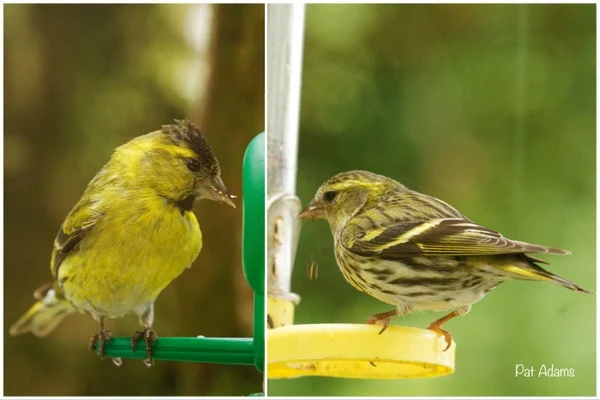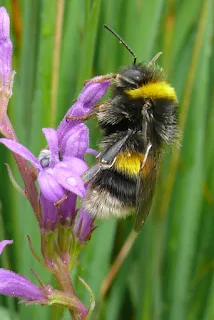A new community group for West Devon and Torridge aims to support landowners, farmers and gardeners keen to restore or create wildflower meadows.
More Meadows West Devon & Torridge is based on the successful Moor Meadows Dartmoor community, which since its founding in 2015 has grown to include more than 800 meadow-makers, managing more than 1,000 acres of wildflower meadow to benefit wild plants and wildlife on Dartmoor and beyond.
Thanks to funding from the Devon Environment Foundation, the More Meadows concept is an attempt to replicate the original Moor Meadows group's success by supporting new networks of meadow-makers across Devon.
The new More Meadows West Devon & Torridge group has been founded by local nature enthusiasts concerned about ongoing wildlife declines but inspired by efforts to create more wildlife-friendly habitats.
Although lost from much of the countryside due to changes in agriculture during the 20th century, traditional wildflower-rich grassland can be maintained, restored or created on farmland, in gardens and churchyards, and on road verges.
This conservation work can play a crucial role in turning around the fortunes of threatened bees, butterflies and other pollinators as well as the birds and mammals that rely on insects for food.
Co-founder of the new group Jon Valters, who manages a small nature reserve near St Giles on the Heath, said: "The idea is that people in West Devon and Torridge will be able to provide each other with support and advice on how to create or restore wildflower-rich grasslands with the aim of substantially increasing the number of wildflower meadows in this part of Devon."
He continued: "Some members of the new group have already come forward with projects including a proposal to create wildflower verges in their village. We are also keen to help people who wish to create smaller areas of wildflower grasslands in their gardens or local churchyard."
The original Moor Meadows Dartmoor group has held scything workshops so meadow-makers can master this traditional grassland management technique and also very popular Open Meadow events, with invitations to view wildflower meadows on private land, chat to the owner and be inspired by what can be achieved. The West Devon & Torridge hub hopes to organise similar events and workshops in future.
The Meadow-Makers' Forum, launched online last month, encourages the creation and spread of new More Meadows groups. The West Devon & Torridge group is the first new one to form and details of the group can be found in the Local Groups section at
http://forum.moremeadows.org.uk/Supporting this process for More Meadows is Devon ecologist Tracey Hamston, who said: "New groups of local meadow enthusiasts are being formed as individuals reach out to other wildlife-friendly landowners in their area. The online forum is providing a network for people to find others living nearby, organise getting together and planning how to move forward, with the aim of creating and restoring as much species-rich meadow as possible and connecting to like-minded folk in the process."
Joining the online forum is free and offers resources and advice on managing a meadow - including where to source wildflower seeds or seed-rich 'green hay' – while forum members can help identify the wild plants and creatures in field or garden meadows.
The West Devon & Torridge More Meadows group is in the process of setting up a small steering group and is particularly keen to recruit a volunteer with IT skills.
For more information see the More Meadows forum at
http://forum.moremeadows.org.uk/ or for anyone without easy internet access, co-founder Jon Valters can be contacted on 01566 784196.

Marbled white butterfly. Photo credit Mike Symes
Jon Valters of More Meadows West Devon & Torridge group
Traditional haymeadow. Photo credit Jon Valters
· -------------------------------------------------------
More Meadows West Devon & Torridge group: The new group has been formed by wildflower meadow and wildlife enthusiasts in the local area, aiming to build on the success of the Moor Meadows Dartmoor group, using the group model known as More Meadows.
Moor Meadows Dartmoor: Moor Meadows Dartmoor is a community group established in 2015, whose aim is to help each other in conserving, restoring and creating wildflower meadows, on any scale, in the landscape of Dartmoor. Moor Meadows Dartmoor have set up the online Meadow Makers' Forum to help with the formation of new groups across Devon
More Meadows: More Meadows is an umbrella name for the network of new meadows groups being established in different parts of Devon, all sharing information via the new Meadow Makers' Forum. Establishment of the Forum has been made possible by a grant from the Devon Environment Foundation.
Devon Environment Foundation: The Devon Environment Foundation aims to protect and restore Devon's natural beauty by funding local nature regeneration projects.





















